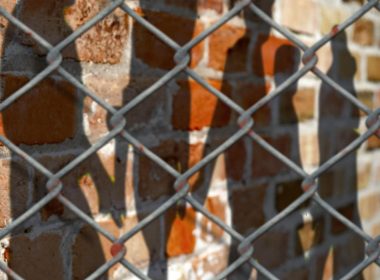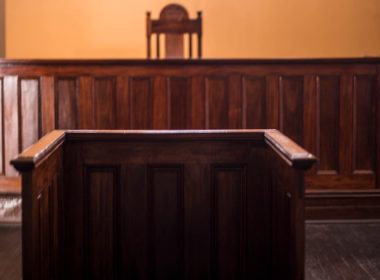Snapshot
- For reasons of tradition and fundamental principle, courts have not allowed compelled testimony to be used at any cost.
- However, in the recent case of Macdonald v R; Maitland v R, the NSW Court of Criminal Appeal found that the Independent Commission Against Corruption is empowered by its legislation to not only examine witnesses, but also to pass on the evidence to prosecutors in certain circumstances.
- Consideration of an application for non-publication of compelled evidence would require balancing the importance of the accusatorial principle with other factors including the need to expose corruption.
The recent case of Macdonald v R; Maitland v R [2016] NSWCCA 306 (‘Macdonald & Maitland’) has given us even more to think about when it comes to compelled evidence taken by commissions. It provides some suggestions about orders witnesses might want to seek when they are being examined, and it might even signal a changing of the tide when it comes to this kind of evidence being treated by courts as toxic to prosecutions.
A line of High Court cases (some of them discussed below) made sand out of the foundations of many criminal investigations which had included compelled testimony – that is, evidence from witnesses who had been required to come to a crime commission or an integrity commission and answer questions, without the right to refuse on the basis they might incriminate themselves.
Arguably some of the decisions struck at the heart of organisations set up specifically to shine light where previously there had only been the shadows cast by corruption and criminality. But for reasons of tradition and fundamental principle, courts have not allowed compelled testimony to be used at absolutely any cost.
Is the trend against using material obtained under compulsion slowing? Have parliaments taken the courts’ decisions to heart and mended their ways (and words)?
Have the courts recognised (if perhaps not fully embraced) the legislatures’ wish to see certain kinds of conduct prosecuted, even at the cost of centuries-old rights? What, in short, is to be done with all this compulsory evidence?
In Macdonald & Maitland the Court of Criminal Appeal (‘CCA’) has found that the Independent Commission Against Corruption (‘ICAC’) is empowered by its legislation to not only examine witnesses, but also to pass on the evidence to prosecutors for use in prosecutions, at least under certain circumstances. The decision raises some important issues including the orders that witnesses should seek when examined, and flags an area of the law which still hasn’t completely settled between the States.




